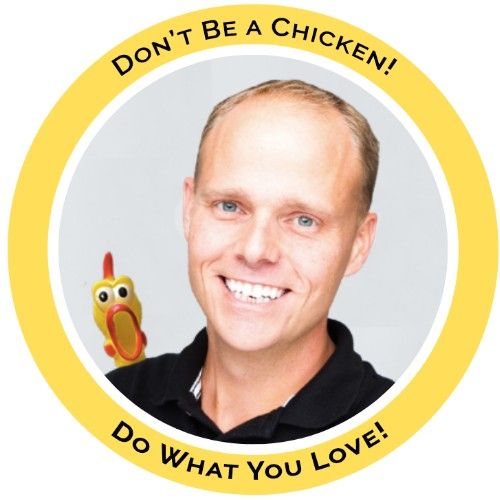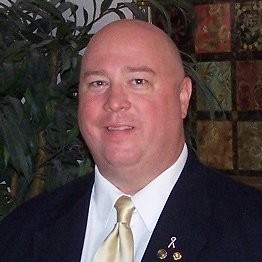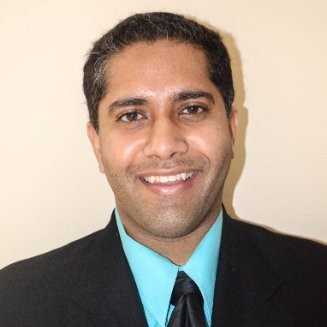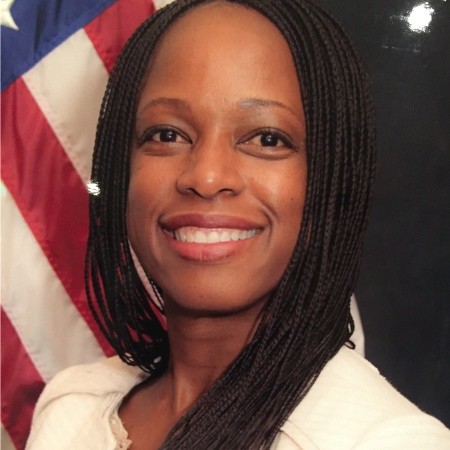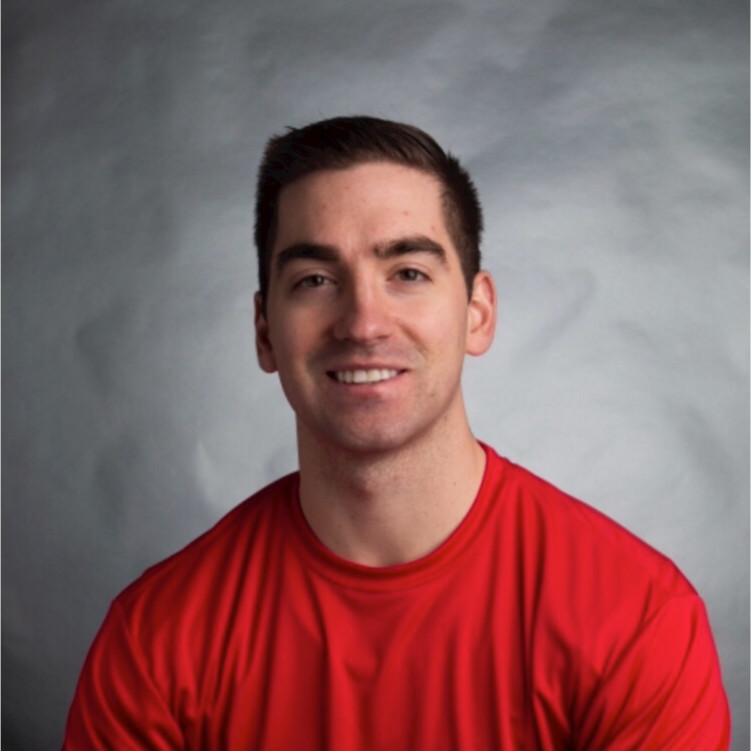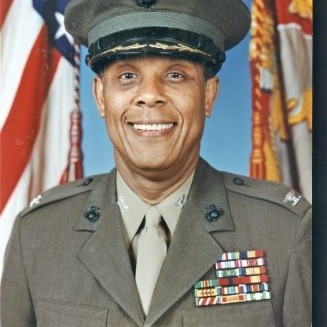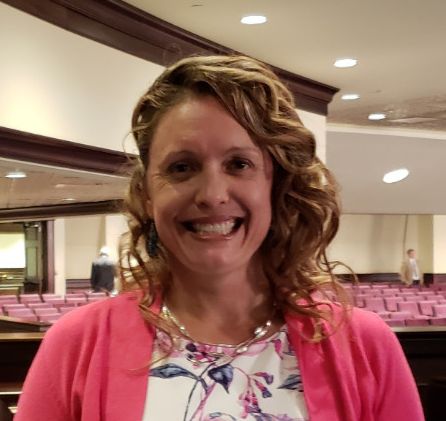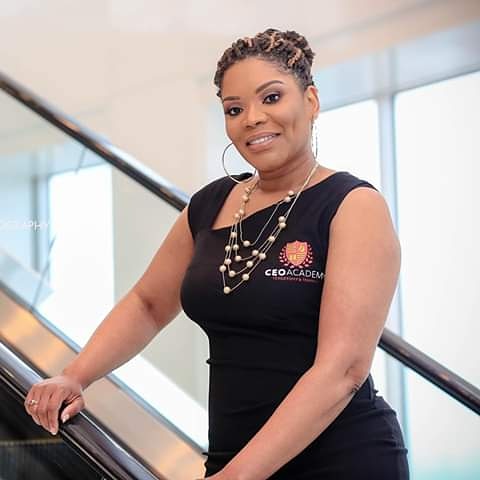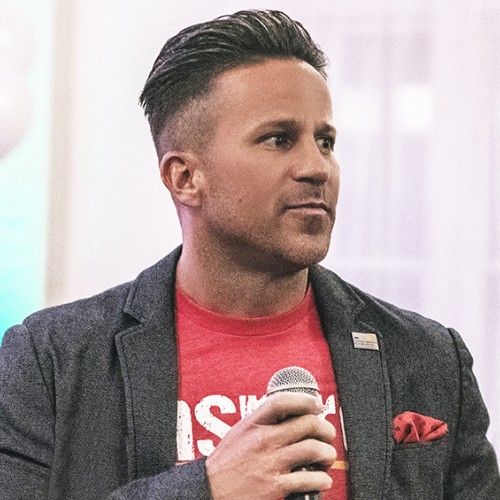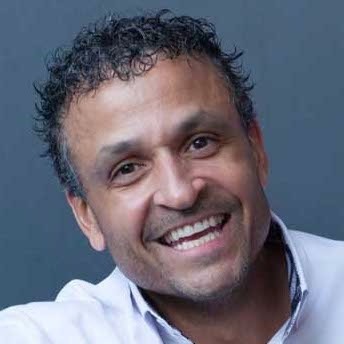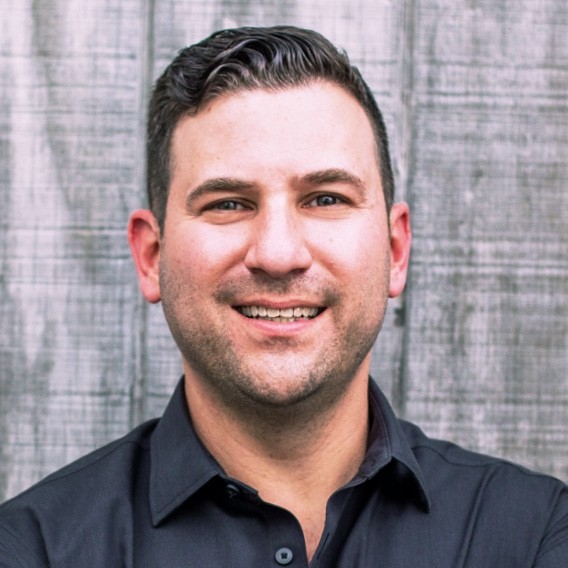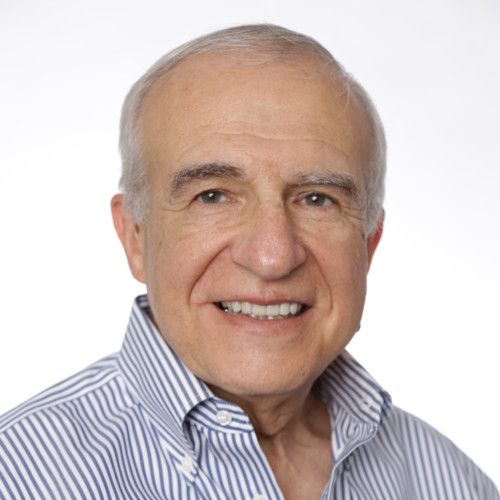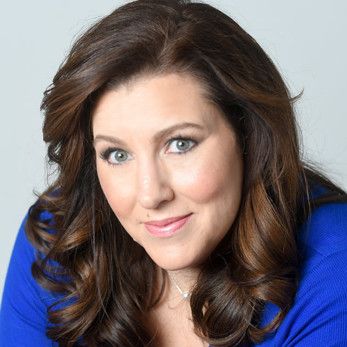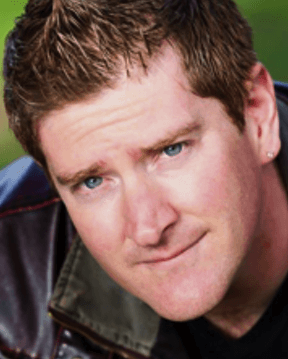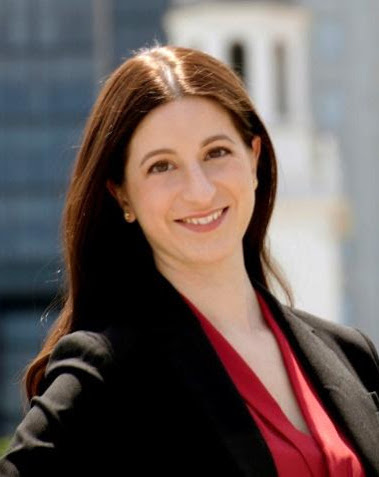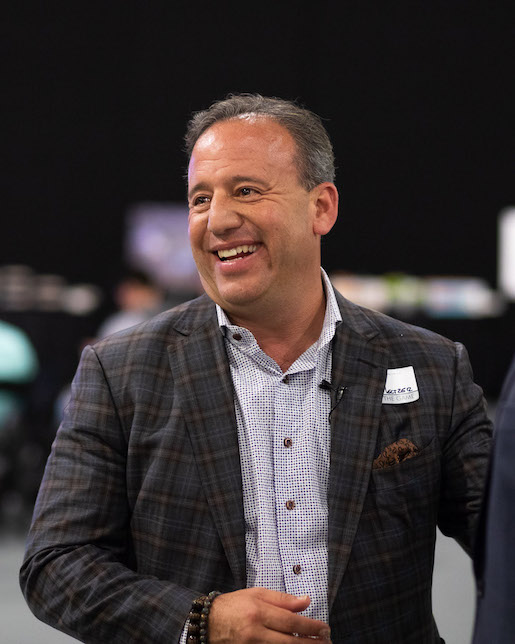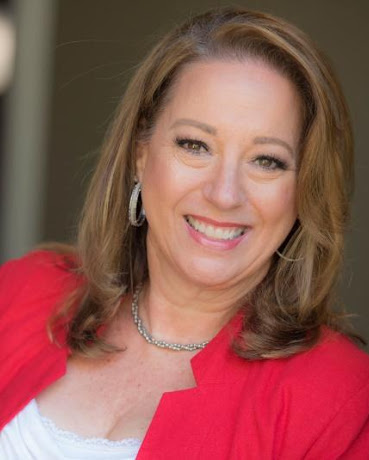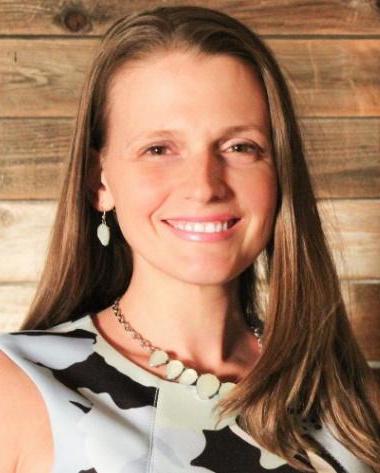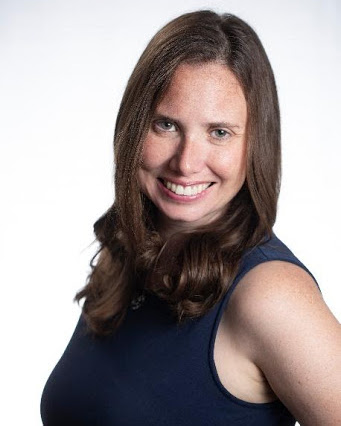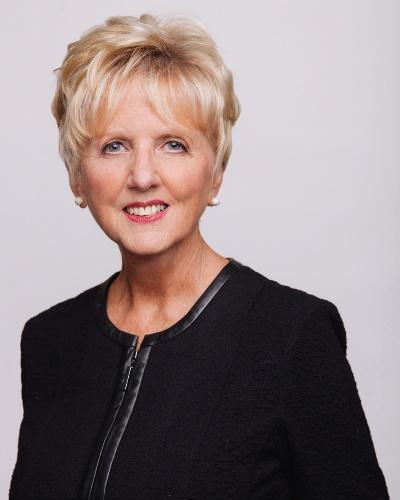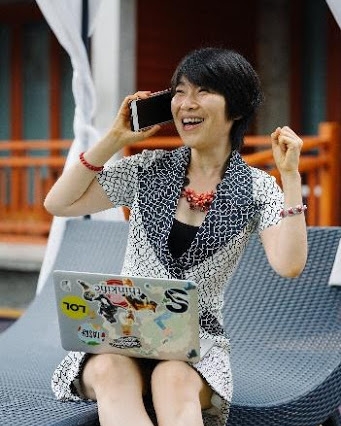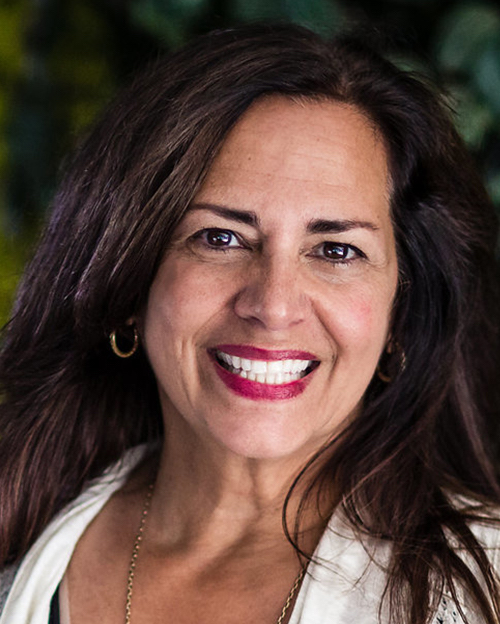Over the past 2 months, I have interviewed over 50 senior-level leaders and CEOs of companies in the Louisville and Indianapolis communities, and this article shares their perspectives on the key trends and challenges facing local industries and businesses. This article omits specific names and companies to keep the focus on the industries, trends, and challenges facing our community.
Below are the industries and types of companies interviewed:
| Industry | Company Types
| Recruitment | IT, medical, sales, and manufacturing
| Media | AV, Entertainment
| Sanitation | Janitorial Services, PPE
| Healthcare | Telehealth, Pharma, Community-Based Healthcare, COVID Testing/Vaccine Rollout, Physical Therapy
| Manufacturing | Legacy and Startup
| Hospitality | Hair Care, Hotels, Restaurants, Theme Parks, Online Food Ordering,
| Logistics | Legacy and Startup
| Banking & Finance | Collections Agencies, Credit Unions, Banks, Title Companies, Insurance/Financial Management
| Technology | Development, Software, Hardware
| Government | Local Government, Criminal Justice System
| Real estate | Commercial & Residential
| Consulting | Management, Technology, HR
| Marketing | Legacy Mail Marketing, Search Engine Optimization, and Social Media
| Key Challenges | labor shortages, inflation/raising prices, supply chain/inventory management, workspace management, finding new ways to sell
From the diverse perspectives of these industries and companies, there were 5 key challenges that emerged from these interviews: 1) Labor shortages, 2) Inflation and rising prices, 3) Supply chain and inventory management, 4) Workspace management, and 5) Finding new ways to sell.
This article will focus on these key challenges and share stories on how different types of companies reacted to these challenges and are creating opportunities from them.
Labor Shortages
The number one challenge posed by the executives I interviewed was labor shortages.
From blue collar to white collar, from entry-level to highly experienced roles, finding the right people to fill those roles has become a challenge for many companies.
Two questions become apparent: 1) Why did this happen? and 2) What did the most successful teams do to keep their teams?
When the pandemic first hit, many companies laid off their less-essential employees because of the uncertainty as to what would happen next. Some companies were able to get creative, and they found ways to pay people hourly and retain their benefits for their employees, but the most common response was to either furlough their employees or let them go.
Other companies kept their entire team on-staff and full-time, despite the reduced demand. Those companies definitely took a financial hit, but the stability and continuity paid off when business turned back around and they were ready to go.
However, the teams that thrived during the past 18 months were the ones that completely leaned in to the necessary changes and rapidly pivoted at the onset of the pandemic. Some companies fundamentally changed their business model and were able to successfully deploy their teams and leverage their skillsets into a different vertical. Some of those pivoting efforts became total successes – i.e., creating entirely new business lines and driving strong revenues. Others saw ephemeral successes that temporarily worked but eventually fizzled out (e.g., distilleries changing from making spirits to hand sanitizer during shortages). There are also other pivot-stories that didn’t work out but provided great lessons and helped exercise their innovative muscles for pivoting, changing, and thinking creatively. Compared to stagnant companies that were caught flat-footed, even the unsuccessful pivots had long-term benefits on the companies that sought to adapt to the new challenges.
Trend Observed: If you are a leader and you are ever faced with an existential scenario where your core business has completely fallen off, the businesses that thrive in these conditions are the ones that accept the need to pivot immediately and start trying new things, while the stagnant or stubborn companies get stuck in the churn that accompanies momentous change.
Most teams did not pivot immediately, and nor could they afford to hold steady, so most teams ended up with furloughed or laid off employees.
Paired with strong unemployment benefits during this time period and the lapse in hiring new employees from April through November of 2020 (for many companies), that 8-month gap disrupted the typical job turnover and growth cycle and led many to delay going back to work.
For companies that hire recent graduates, finding hires has been a struggle as well because of how many students delayed or altered their college education plans due to COVID. With fewer students graduating and a strong need to hire out of college, being attractive to candidates has become crucial for getting the best candidates.
For companies seeking to hire highly experienced (high salary) roles, finding and identifying the right person has been difficult because of the lack of in-person interviewing and onboarding. Most companies have found ways to make virtual onboarding work (and some even thrive), but when it comes to hiring for a highly sought-after role, some companies have become more risk-averse towards making a hire with less experience because of the high expense of making a mistake. Plus, with it being so difficult to fill less experienced roles with an organization, the promotional track for some companies’ employees have been delayed because companies need continuity for these key functions during this chaotic period.
However, we are seeing the light at the end of the tunnel! There are companies that have filled all or most of their hiring needs during this time without substantially raising their wages offered. Two of my interviewees found a way to successfully attract great candidates to their firms. One company was a management consulting firm, the other, a large hospitality company, but both used similar tactics. Their secret: focus on the brand and making the brand fun, enjoyable, and attractive. They observed that their benefits weren’t terribly different from comparable firms with similar hiring needs. However, these firms leaned their marketing resources, internal communications, and overall brand statement towards having fun and doing good work, they were able to fulfill all or most of their hiring needs. One other interesting observation about both of these companies was that they both also provided opportunities for either temporary work or changing work. For example, the hospitality company hired their employees with the expectation that they would only work for the summer. For these employees, this was great because they had a very clear end-date for their employment with the company which caused them to feel like they weren’t making a massive commitment by starting work with the company. For the management consulting firm, they constantly switch their new employees on the type of working they are doing (e.g. a rotation). So, the employees knew that if they didn’t like the work they were doing, they were going to switch in a few weeks and if they did like it, they knew that they could always come back to that work.
Trend Observed: The (usually) unstated precept from leadership to employees that “You should be grateful to have a job” is gone. In fact, in many ways it has inverted to become “You should be grateful to have me.” People’s motivations have shifted away from simply working to get a paycheck. For many people, work is an outlet to socialize, collaborate with great teammates, use their brain in fulfilling ways, and get some time away from the house. If you are a leader and you are struggling to hire and are feeling pressure to raise your wages and benefits past what is feasible, you might find greater success in attracting candidates by developing your company culture to be more fun in the eyes of your current and prospective employees.
Inflation and Rising Prices
Since many companies are struggling to make the right hires, or in some cases just hire enough employees to do the work, companies are following the logical conclusion and raising wages.
Paying for wages is the largest expense for most companies. Therefore, when wages rise, margins rapidly diminish. So, the only major way for companies to get back to their previous margins is by raising the prices for their goods and services.
Make no mistake about it – this is inflation.
Inflation isn’t necessarily horrible, but it can be if you don’t know how to handle it or if you are in an industry that regulates how you handle it.
For example, there were many small business owners that I interviewed that were apprehensive to raise their prices to avoid offending their legacy customers with sticker shock. Many small business owners also have fewer resources for determining when or by how much to raise their prices.
With inflation reaching a peak compared to the previous 15 years, it might be difficult to determine when the right time is to raise prices and project how inflation will change in future years.
If you are a business owner and you are trying to figure out how to keep your salaries competitive, retain margin, and not offend your customers with price increases, you are not alone. Some ways business owners have handled this situation is by assessing how often they will adjust prices. By increasing the frequency of price adjustments, you can decrease the effects of sticker-shock that may coincide with increasing prices. If you are apprehensive to changing your prices frequently, then you need to project inflation’s trends and bake in extra margin now to buy time for once the margin dwindles over time.
There are some industries that don’t have the luxury of easily adjusting their prices. For example, in healthcare, many insurance companies have already determined the price of certain procedures and medications. Hospitals and healthcare companies are then forced to work their business model around the predetermined prices. This model works well when there is little to no inflation, but when inflation weakens the value of a previously competitive salary, companies must choose between more difficult hiring, or reducing their margins by offering higher salaries.
One question that comes up frequently around this topic is: What happens when the unemployment benefits end and all of these people flood the market seeking a job?
Most of these open roles will likely be filled, but it is unlikely that the companies will be able to drop their salaries back to where they used to be. At the start of the pandemic, some companies were able to get away with “hero pay” in which employees were temporarily paid a higher salary. It was mutually understood by both parties that the salaries would eventually revert. However, most companies have already adjusted their wages, some by 20-30%, and they are not branding this wage as “hero pay” or any other form of temporary high pay based on need, meaning that these salaries are here to stay – but so is the inflation that comes with it.
Trend Observed: If you have the freedom to adjust your prices, it is probably best to rip that band-aid early and have a plan around how often you are willing to adjust your prices and clearly communicate that to your team. Your team needs to be in the loop on the plan or they may become frustrated at being stuck in the dark regarding the changing prices. If you don’t have the freedom to adjust your prices (e.g. in an industry that has regulation), you need to begin lobbying and having the conversation around having more flexibility around adjusting those prices. This will likely take a very long time to happen, but what alternative do you have? You either get to a point where your staff is completely overworked and underpaid (compared to other work opportunities), and either your people leave or you eat the losses because the business is losing money (to keep wages competitive) for the hope that one day the prices will adjust.
Supply Chain and Inventory Management
The pandemic has put to the test the just-in-time inventory management system. Just-in-time inventory management is the notion that companies hold inventory for the least number of days before the item is shipped to the customer. By limiting the amount of time inventory sits in a warehouse, waste from spoilage, breaking, and mismanagement is significantly diminished, and this allows companies in supply chain and logistics to work more efficiently.
But what happens when you have one part that is missing? You have a car that consists of hundreds of different parts and is completely assembled, but it is missing 1 semiconductor chip. What happens? The answer is that you have thousands of cars sitting, unable to be shipped because they are missing 1 part out of hundreds.
Why is it so difficult to get one measly semiconductor chip (or any other product or material that is leveraged in just-in-time inventory)? Aren’t there competing manufacturing companies that can find the part they need?
The answer is complicated. With the world economy opening up and allowing for companies to procure materials from anywhere at the cheapest price, the supply chain is growing more complex. Combined with just-in-time inventory management, this means that manufacturing companies hold only for their immediate needs. When a global pandemic hits, different countries are impacted in diverse ways. Some countries can’t let raw materials get shipped out, or some countries can’t get raw materials in for their factories. Others can’t operate at maximum capacity because people are sick. This all makes the seemingly brief delays pile up, turning an interstate into a traffic jam.
Another massive issue in all of this is the overall lack of organization of many of the ports in the US. Many ports in the US, before the pandemic, were operating in a way where some shipping containers would never get processed and left in potential space available for unloading new boats. That extra space was taken for granted and containers just kept getting stacked up over years. Well, when the pandemic came, not only were boats still arriving in US ports, but the people to operate those ports weren’t coming to work because of COVID. Essentially, this giant game of catch-up for unloading cargo becomes exacerbated because the decreased workforce around the ports means that parts come into the US more slowly (or not at all) and the entire supply chain becomes compromised.
One supply chain CEO I interviewed was able to project what was about to happen and benefit from his forward thinking. He observed what was going on in China in January 2020 and decided to stock up on the raw materials he needed for him to provide his products, and this gave him an advantage later.
Most inventory management systems observe low demand (e.g. March, April, and May of 2020) as a sign to order less in subsequent months. When demand drastically swung back, companies were caught on their back foot trying to catch up. The supply chain CEO I spoke with projected this would happen, went to his clients to inform them of what was going to happen, and was able to get his clients to pay early for materials for the rest of the year based on this projection.
Trend Observed: Most inventory management systems focus on microeconomic, short-term factors for making inventory decisions. And although this works 95% of the time, it is extremely important to project for macroeconomic factors that could have a long-term impact on inventory and supply chain management overall.
Trend Observed: The other trend observed was the importance of diversifying sources for raw materials. Obviously quality control, price, and a drive for simplicity play a factor in business decisions, but if your business is solely reliant on one provider for your raw materials, you are leaving yourself liable to changes in their market conditions which inevitably impact your business.
Workspace Management
Work from home, hybrid, or the traditional office set up. Which is best?
The answer is that it depends on your company and your work situation.
Every leader I spoke with had to adjust their working situation some way or another. Some leaders went to their employees and took a vote of what they would like to do. Some leaders immediately started having their teams work remotely. And some leaders had to implement sanitation and safety measures to keep their teams working at the office.
Now that people are starting to feel more comfortable opening up socially, many companies are starting to come back to the office, but not all in the same ways.
Some companies are directly coming back to the office and generally returning to the status quo. However, many other companies are finding creative ways to either get out of or diminish their leases. For example, one executive that I interviewed partitioned off half of his office and is now leasing out that space to drive some additional income and allow his staff to continue hybrid work – partly from home and partly from the office setting. Other companies are simply letting their lease lapse and partially converting that funding to support coworking spaces for sales conversations or board rooms for big meetings, but otherwise allowing everyone to work from home.
If you own commercial real estate, it isn’t all doom and gloom. There is an opportunity in supply chain. As mentioned in the previous segment, this notion of just in time inventory is falling out of favor meaning that manufacturing companies and companies that work with raw materials are starting to buy larger warehouses to store more raw materials. Some large logistics companies are even looking at leasing or buying old malls and converting them into warehouses and supply chain centers.
Trend Observed: Companies are finding unique ways to optimally deploy their teams into work environments that are efficient and work for them, and there isn’t just one trend everyone is following for finding the best working situation for their team.
But back to the original question as to what is best: working from home, a hybrid model, or at the office. The jury is still out. However, I have found it strange how many CEOs are clinging onto anecdotes and feelings when deciding between working in the office versus remote or a hybrid.
There is a lot of data that has shown that working remotely has led to greater productivity from teams, particularly for output and qualitative data around satisfaction at work. Remote work hasn’t led to greater productivity for every team, but between my interviews with executives and the research articles I’ve read on this topic, most teams were more productive working remotely.
However, many CEOs and leaders that I have interviewed have taken their team back to the office. I believe that the data on best practices for determining work location will become clearer in the future, but I have only seen a limited amount of data showing the advantages of in-person over remote. When I have interviewed CEOs that have taken their teams back to the office, the traditional response I have heard is “this working situation works best for us” or “everyone seems much happier at the office compared to at home” or “we have been able to collaborate much better at the office”. Like I mentioned before, I believe the data could come, but none of the CEOs that I interviewed referenced any sort of comparative analysis on productivity differences between remote-work versus in person.
For the most part, this ends up being just conjecture and feelings and not rooted in metrics. My biggest surprise is how many of these CEOs dove fully into working from the office without offering a hybrid model to ease this transition.
Trend Observed: If you are transitioning back from working remotely to the office, it is really critical that you consider some metrics you can measure to assess whether one works better for you. If your team is currently working remotely and you are contemplating coming back to the office, you must have a system in place for measuring productivity, so you can understand what happens when you come back to the office.
Finding new ways to sell
Finding a new way to sell was critical for many companies to stay alive during the pandemic. From restaurants transitioning from legacy ordering via a server to online orders, to companies expanding delivery to include curb-side drop-offs right into one’s car, companies have had to completely transition the way they operate and sell their goods and services.
Here are some of the most interesting stories about how companies have had to change the way they sell.
One of the executives I interviewed works for a large pharmaceutical company. One of the biggest challenges she faced was retaining her high-level account executives who sold their medicines into doctors’ offices.
Since many doctors embraced telehealth, they left their medical offices and started working from home. For small pharmaceutical companies who relied heavily on in-person meetings with doctors to sell their medicines when doctors have a free moment to chat, they now had to find alternative ways to get their voices heard. Therefore, they started poaching account executives from larger, established pharmaceutical companies to harvest their rolodex of relationships and for the opportunity to drive business from those account executives.
This forced these larger pharmaceutical companies to focus more heavily on the doctor experience and having multiple points of relationship with their company, not just one individual account executive who might convince the doctor to take their business elsewhere.
Another executive I interviewed creates software and learning programs for governments working on educating and rehabilitating people after they have been arrested for a crime. Most of these classes were in-person and expensive for local governments to run. Since most local governments have limited budgets for this type of work, and they must keep offering these services, they were in a bind. This executive decided to offer his software and learning programming to governments for free with the caveat that those who were arrested would pay for the classes. He was able to help these governments get COVID-compliant, continue offering these services to their citizens and still save money.
Other executives I interviewed decided to take full accountability of the entire process of their service. For example, one executive whose company helps roll out the COVID vaccine and testing in low-income areas. This executive’s work went beyond providing the vaccine and the tests, but also renting the portable facilities to create a comfortable environment for their clients to get tested and vaccinated. Another executive in the consulting space provided free consulting to businesses and startups trying to find traction in the pandemic, because he realized that he could boost his brand and name recognition by being helpful to others that may want his services but couldn’t afford them (yet!).
Trend Observed: Never waste a pandemic! When consumer behaviors are changing rapidly, there are opportunities to solve problems and build relationships with people that could become fruitful both immediately and over time. If you are a leader, it is critical to take time to step back and observe the trends that are happening so you can leverage your team’s skillset and product to help solve a challenge faced by the constant changes in consumer behavior. If you don’t, you may miss out on an opportunity, or worse, get left behind.










